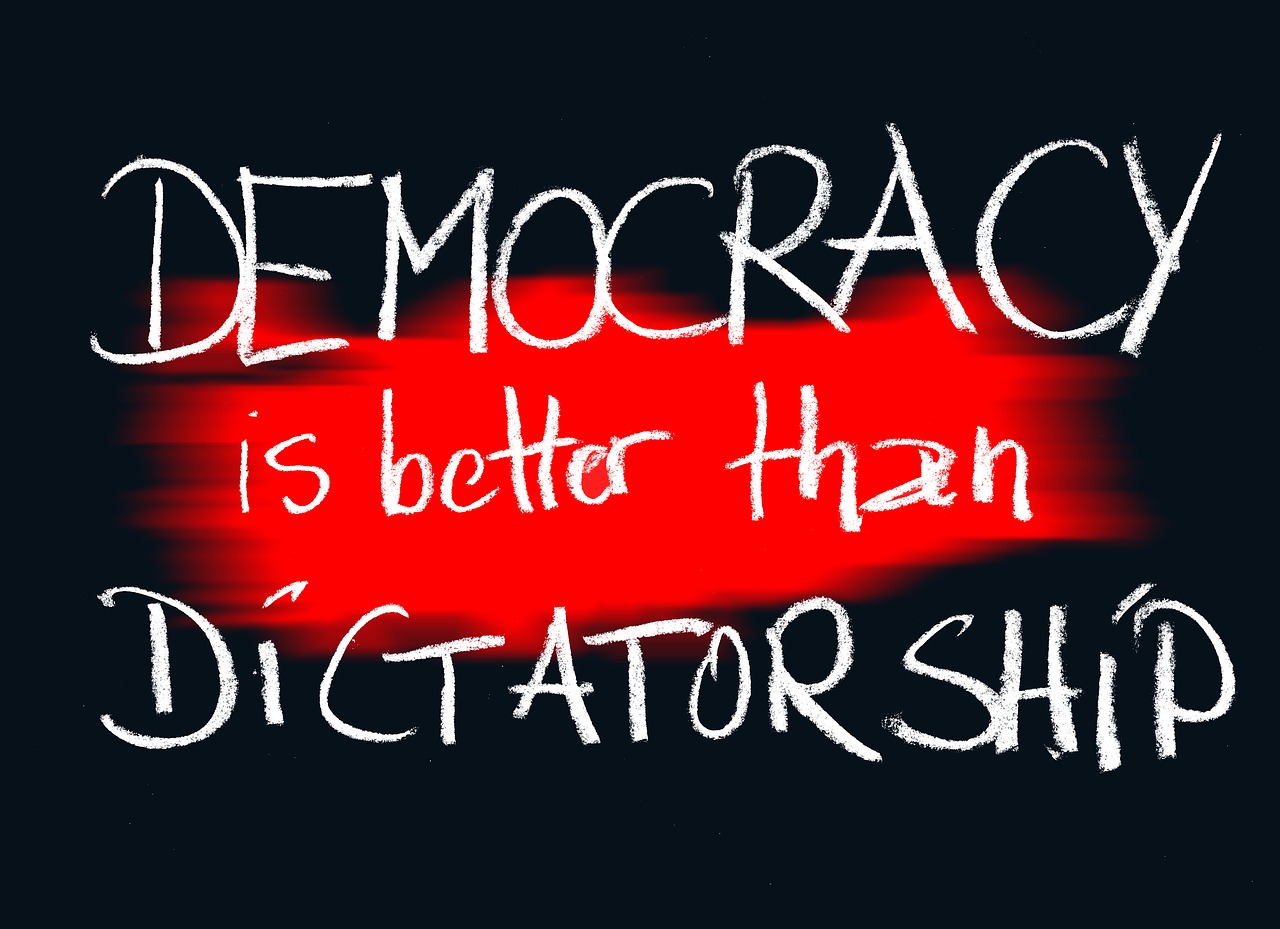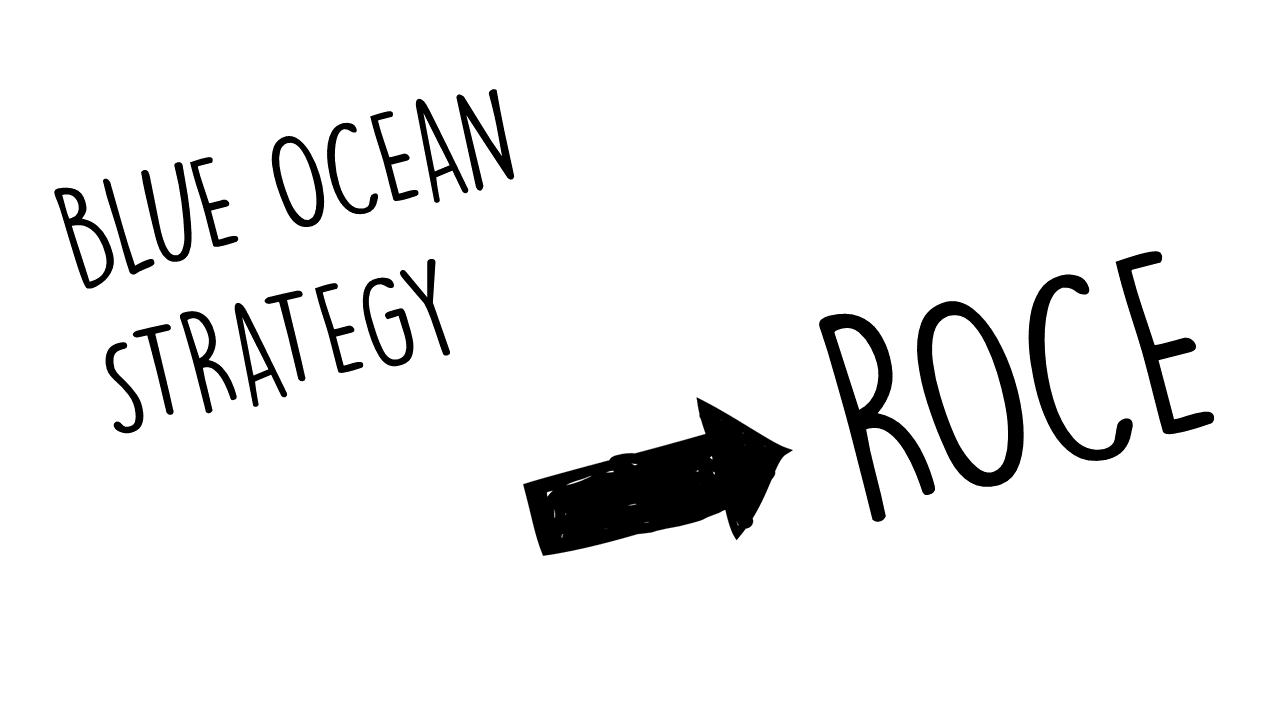Cracking the One Government Code! Who Rules the World? Visible versus Invisible Hand of Power
The world is a complex web of power, with various entities and organisations wielding influence in different ways. Some of these are visible, such as governments and corporations, while others operate behind the scenes, exerting what is often referred to as the ‘invisible hand’ of power.
Power Organisations: Their Mission and Recruitment Policies
Power organisations can be broadly categorised into two types: governmental and non-governmental. Governmental organisations include national governments, international bodies like the United Nations, and regional entities such as the European Union. Their mission is typically to govern and regulate, ensuring stability, security, and prosperity for their citizens.
Recruitment into these organisations varies widely. In democratic nations, leaders are elected by citizens. In international bodies, representatives are often appointed by member states.
Non-governmental power organisations include multinational corporations, influential non-profits, and clandestine groups like the so-called ‘deep state’. These entities often have missions that align with specific interests or ideologies. Recruitment into these organisations can be based on a variety of factors including expertise, connections, wealth, or shared ideology.
How Power Organisations Execute Their Policies
Power organisations execute their policies through a combination of legislation, regulation, economic influence, and sometimes coercion. Governments pass laws and regulations that citizens must abide by. Corporations wield economic power through their control over jobs and resources. Non-profits can shape public opinion through advocacy and awareness campaigns.
Understanding the Role of Citizens in the “Power Web”
Citizens play a crucial role in this power web. In democratic societies, they elect leaders and can influence policy through voting and advocacy. Even in less democratic systems, public opinion can sway decision-making. However, citizens are also subject to the decisions made by these power organisations – decisions that can impact their lives in significant ways.
3 Strategies to Convert this Centralised Power System into a Democratic System Ruled by the People
1. Increase Transparency: One of the key ways to democratise power is to increase transparency. This means holding power organisations accountable for their actions and decisions, and ensuring that citizens have access to information about who is making decisions and why.
2. Empower Citizens: Another strategy is to empower citizens so they can more effectively participate in decision-making processes. This could involve improving access to education, promoting digital literacy, or creating platforms for citizen engagement.
3. Decentralise Power: Finally, decentralising power can help ensure that it is more evenly distributed among the population. This could involve strengthening local governance structures or promoting cooperative business models.
Getting Started to Convert the Centralised Power System Right Now!
The journey towards a more democratic power system begins with awareness and education. Citizens must understand how power operates in order to effectively challenge it. They can then use this knowledge to advocate for change, whether that’s through voting, protesting, or engaging with power organisations directly.
Conclusion and Recommendation
In conclusion, the world is ruled by a complex web of power organisations, both visible and invisible. While these entities wield significant influence, citizens also play a crucial role in shaping the world around them. By increasing transparency, empowering citizens, and decentralising power, we can work towards a more democratic system where power is truly in the hands of the people.
As a recommendation, it’s important for each one of us to stay informed about the workings of these power organisations and actively participate in civic duties like voting and advocacy. Remember, every small step counts towards creating a world that’s ruled not by a select few but by its people.





